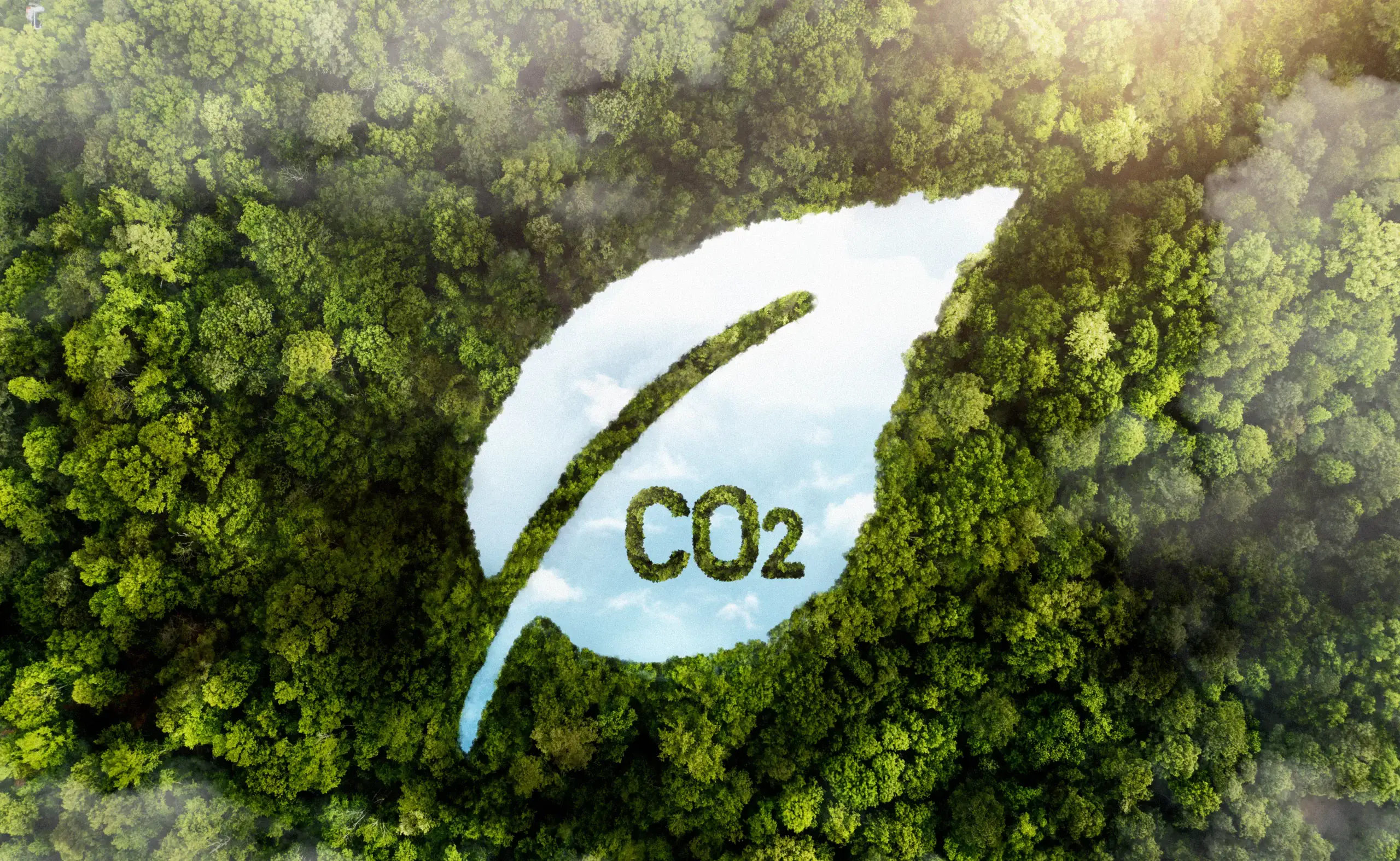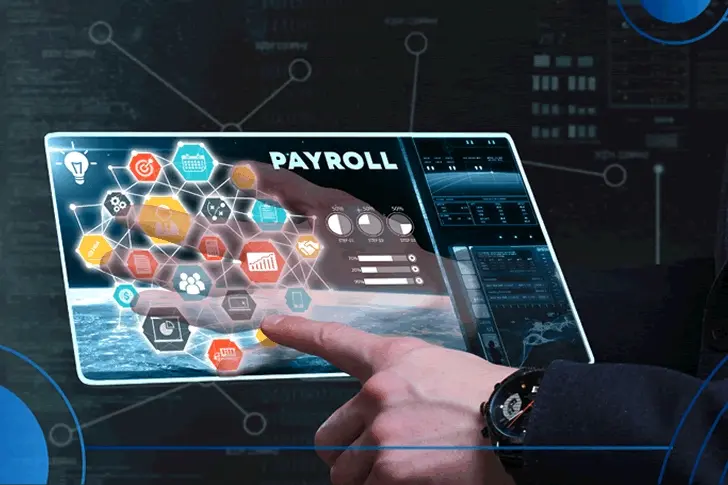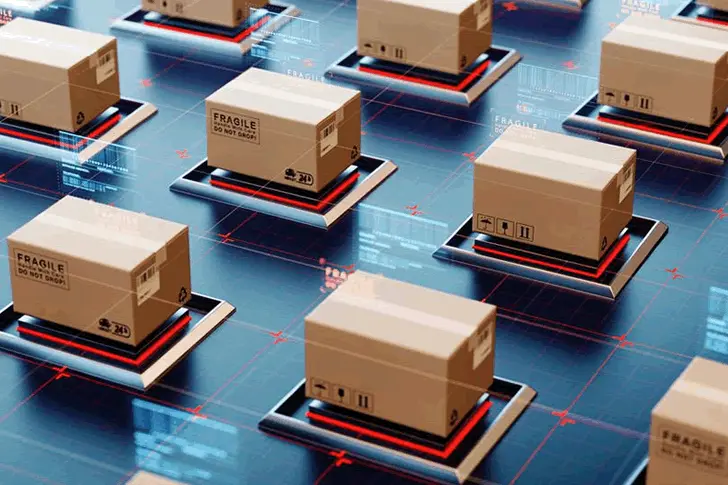
What Are Carbon Offsets?
Carbon offsets refer to investments in projects designed to reduce or capture carbon emissions, such as reforestation or renewable energy initiatives. When an individual or business purchases a carbon offset, they are essentially compensating for the emissions they produce by supporting activities that help neutralize or reduce an equivalent amount of greenhouse gases.
How Do Carbon Offsets Work?
- Purchasing Offsets: When you purchase carbon offsets, the funds are directed towards projects aimed at reducing emissions. These projects may include tree planting, methane capture, or the development of renewable energy sources.
- Emission Reduction Goals: For each offset purchased, a specific amount of CO2 (measured in tons) is reduced or captured. This allows you to counterbalance your own emissions.
What Are Carbon Credits?
Carbon credits, on the other hand, represent a permit or certificate that allows a business or individual to emit a specific amount of carbon dioxide or other greenhouse gases. These credits are typically part of a regulated carbon trading system, where companies that exceed their emissions limits can purchase credits from others who have reduced their emissions below set thresholds.
How Do Carbon Credits Work?
- Carbon Trading: Carbon credits are often part of an emissions trading scheme where companies buy and sell credits. A company that reduces emissions below the required level can sell their extra credits to other companies that are over the limit.
- Government and Market Driven: Carbon credits are often regulated by government entities or carbon trading markets to ensure the system is fair and effective.
Pros and Cons of Carbon Offsets vs. Carbon Credits
Understanding the benefits and drawbacks of carbon offsets and carbon credits is essential for making an informed decision.
Pros of Carbon Offsets 🌿
| Pros of Carbon Offsets | Details |
|---|---|
| Supports Environmental Projects | Investing in projects like reforestation, renewable energy, and waste management. |
| Helps Individuals and Small Businesses | Easily accessible for both individuals and small businesses. |
| Flexible Options | Wide range of offset options available based on the type of emissions you wish to offset. |
| Direct Impact on Emission Reduction | Offsets directly contribute to emission reduction or environmental preservation. |
Cons of Carbon Offsets ❌
| Cons of Carbon Offsets | Details |
|---|---|
| Lack of Regulation | Offsetting projects can sometimes be poorly regulated, leading to ineffective outcomes. |
| Not Always a Permanent Solution | Some offset projects (e.g., tree planting) may face challenges such as wildfires or deforestation. |
| Verification and Transparency Issues | It can be difficult to verify whether the offset project is truly effective or transparent. |
Pros of Carbon Credits 💳
| Pros of Carbon Credits | Details |
|---|---|
| Encourages Business Participation | Carbon credits are mainly used by businesses and large corporations. |
| Regulated and Market Driven | Carbon credits operate within regulated markets, ensuring a transparent and accountable process. |
| Promotes Large-Scale Emission Reductions | Businesses can buy and sell credits, driving greater overall reductions in emissions. |
| Helps Maintain Compliance | Businesses that exceed emission limits can comply with regulations by purchasing credits. |
Cons of Carbon Credits ❌
| Cons of Carbon Credits | Details |
|---|---|
| Primarily Business-Centric | Not ideal for individual consumers, as credits are typically tailored for large corporations. |
| Expensive and Complex | Carbon credit markets can be expensive and complex to navigate for those new to the process. |
| Market Volatility | The price of carbon credits can fluctuate, leading to uncertain costs for businesses. |
Carbon Offsets vs. Carbon Credits: Which Is Right for You?
Choosing between carbon offsets and carbon credits depends on your specific goals, whether you're an individual looking to contribute to environmental causes or a business working to meet regulatory requirements. Here’s a quick breakdown to help you decide:
| Factor | Carbon Offsets | Carbon Credits |
|---|---|---|
| Best For | Individuals and small businesses | Large businesses and corporations |
| Primary Purpose | Emission reduction and environmental benefits | Regulatory compliance and emissions trading |
| Cost | Typically lower and more accessible | Can be expensive and market-driven |
| Regulation | Often less regulated | Highly regulated and monitored by authorities |
| Flexibility | High – multiple project options | Limited to trading and market restrictions |
Conclusion: Which Option Is Right for You?
In conclusion, both carbon offsets and carbon credits play essential roles in reducing global emissions and combating climate change. Carbon offsets are perfect for individuals and small businesses looking to directly support environmental initiatives, while carbon credits are more suited to large corporations that need to meet emissions regulations or trade on carbon markets.
Ultimately, the choice between carbon offsets vs. carbon credits depends on your specific needs, budget, and commitment to sustainability. Whichever option you choose, both strategies contribute to the global effort to reduce greenhouse gases and create a more sustainable future.






